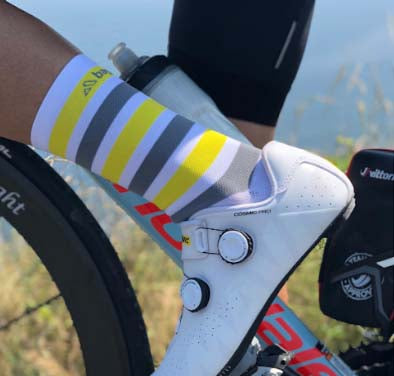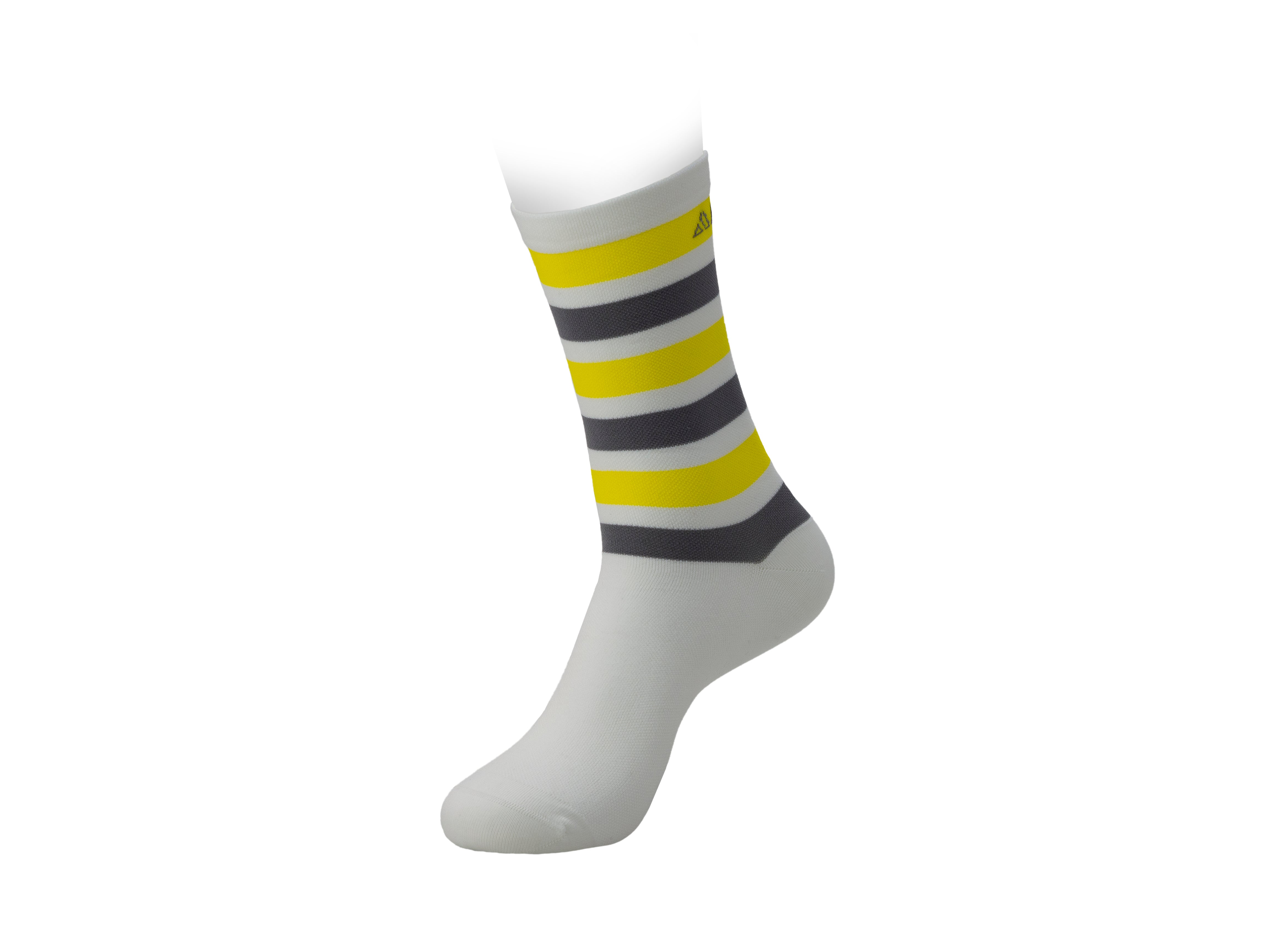The
105th edition of the
Tour de France promises to offer a great spectacle. It will have everything we've come to expect from this competition (flat stages, mountain stages, Alpine passes, climbs in the Pyrenees, two time trials) and a few new additions to spice up our love affair with the "
grande boucle " a little. Highlights include the
Paris-Roubaix -style cobblestone stage and the short, explosive 65-kilometer stage with three mountain passes and no neutral start.
The teams
Of the 22 teams that will take part in the 2018 Tour de France, 18 are
UCI WorldTour teams, which have direct places, and another four will be invited teams, belonging to the Professional Continental category.
The 18 UCI WorldTour teams are:
Movistar (sole Spanish representative),
AG2R (France),
Astana (Kazakhstan),
Bahrain (Bahrain),
BMC (USA),
Bora (Germany),
Groupama-FDJ (France),
Lotto (Belgium),
Mitchelton (Australia),
Quick-Step Floors (Belgium),
Dimension Data (South Africa),
Education First (USA),
Katusha (Switzerland),
Lotto NL (Netherlands),
Sky (Great Britain),
Sunweb (Germany),
Trek (USA) and
UAE (United Arab Emirates).
They will be joined by the four invited teams:
Cofidis (France),
Direct Energie (France),
Fortuneo (France) and
Wanty (Belgium).
Each team will have
eight riders (compared to the traditional nine until recently), so the peloton will start with
176 cyclists . How many will make it to the finish?
The route
The Tour is made up of
21 stages , seven of which are high-mountain, seven have a flatter profile, four with "medium-mountain" terrain, two time trial stages (one team and one individual), and a special stage where cobblestones will be the focus.
If we use the
two rest days as delimiters for the different phases into which the competition will be divided, we find three large blocks of stages: an initial block of 9 stages and two further blocks of 6 stages.
The
first block will have four flat stages, a team time trial and two very demanding medium-mountain stages: the fifth (Lorient-Quimper), with five short but explosive, scoring climbs; and the sixth (Brest-Mûr de Bretagne Guerlédan), finishing on the Mûr de Bretagne, which will be crowned in two different places.
This series of stages will have a very special climax on day nine, with a stage
between Arras and Roubaix . It will be as if we've taken
Paris-Roubaix and included it in the Tour, with 15 cobblestone sections that promise to be a truly spectacular experience.
The
second section will take the riders to the
most legendary Alpine peaks . These stages will be shorter than the previous ones, but they will include summits such as the Plateau des Glières (Special Stage), the Col du Pré (Special Stage), the Croix de Fer (Special Stage), and Alpe d'Huez (Special Stage). The peloton will then head through the Mediterranean region of southern France on their way to the next section: the Pyrenees.
The
third and final block will have everything: mountain stages with top-class climbs (Col de Menté, Col du Portillon, Col d'Aspin) and special category climbs (Tourmalet, Aubisque), a 31-kilometer individual time trial the day before arriving in Paris, and a truly innovative stage, the seventeenth, with the air of a crazy experiment.
This
17th stage will be
65 kilometers long, with three mountain passes (two first-class and one special) in which the riders will start in groups based on their overall standings, similar to a Formula 1 race. It will be
the second shortest road stage in the history of the Tour de France (behind another in 1971, which was only 19.1 kilometers).
The preparation
In such a technologically advanced age, team computers must have been running on fumes for months from analyzing their riders' data. Preparing for the Tour requires analyzing
watts, kilometers, heart rate —everything! But when it comes down to it, when the road climbs and the group of favorites battles for glory, there's always an element of uncertainty, a margin for collapse or victory that depends not only on the body, but also on the mind.
Not all cyclists prepare for the Tour in the same way. Some choose not to compete and focus on
highly specialized training , aiming to reach their peak fitness level. However, others complete their training in
the Dauphiné (June 3-10) or the
Tour de Suisse (June 9-17) to complete their final tests in a high-level competition.
The Froome case
If there's been one topic of discussion in the months leading up to this Tour de France, it's whether or not Chris Froome should be riding at the start. As you may recall, Froome
tested positive in the last Vuelta a España (September 7, 2017) for exceeding the permitted limit for his
salbutamol levels, a bronchodilator he uses with permission due to his asthma problems.
The news broke last January and nearly jeopardized his participation in the
Giro d'Italia , which he ultimately won.
Since then, there have been some very critical voices, such as that of former cyclist
Bernard Hinault , who has directly called for a strike and encouraged riders to put their foot down if Froome ultimately decides to ride the Tour.
Finally, on July 2, the UCI Anti-Doping Tribunal ruled that
there were no grounds for sanctioning Chris Froome , who will now be able to defend his Tour de France title in the new edition. Will the scene of two fans running alongside him carrying giant Ventolin bottles, as happened on the Colle delle Finisterre climb, be repeated?
The Movistar team
If it's already unusual for a team to start a competition without a clear leader, imagine if it does so with three! Well, you don't really need to imagine it; just look at Movistar Team taking its three "roosters" to the Tour:
Valverde ,
Quintana , and its new signing,
Mikel Landa .
All three are coming off a positive month, with
Quintana winning a stage and finishing second in the Tour de Suisse,
Landa showing good results in the same competition, and
Valverde winning the Route d'Occitanie and finishing second in the Spanish Road Championship.
Will this concentration of ambitions and aspirations in a single team be good or bad for the team's results? Will the road put everyone in their place, as Unzué says, or will it be a source of friction? We'll see. At least we won't lack quality and talent.
And that's it for this preliminary analysis of the 2018 Tour. It's clear that after watching a stage you'll be eager to get on your bike, so don't forget to take your
Baggicase , the waterproof case for cyclists' mobile phones. It's lightweight, secure, compact, and highly functional, and can hold your money and documents without fear of losing them.

